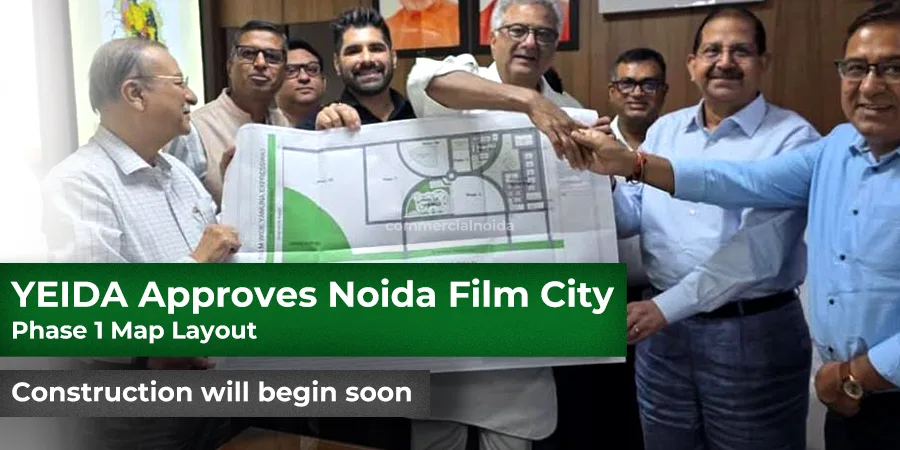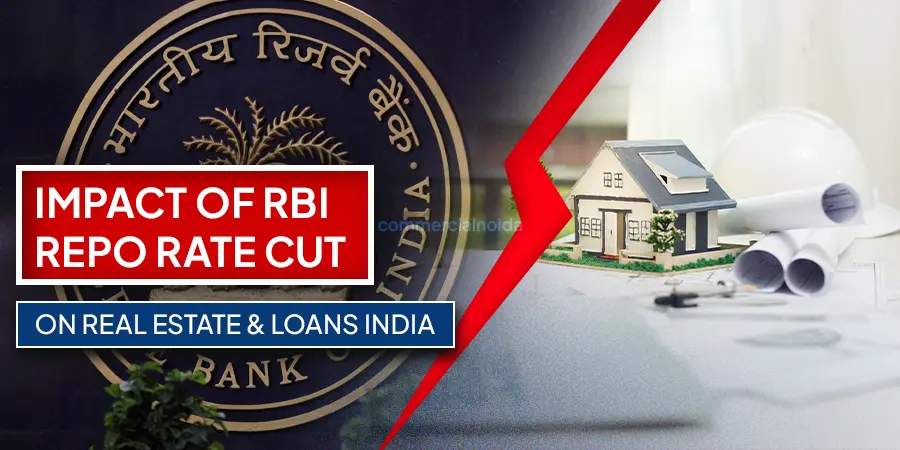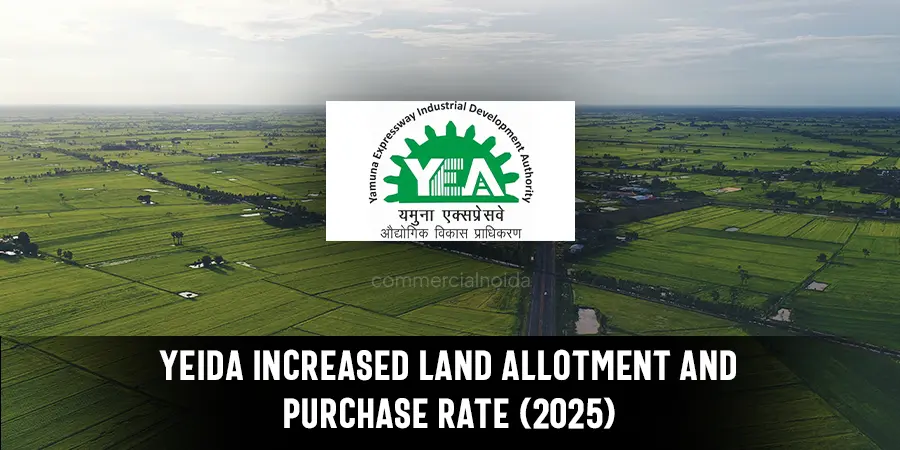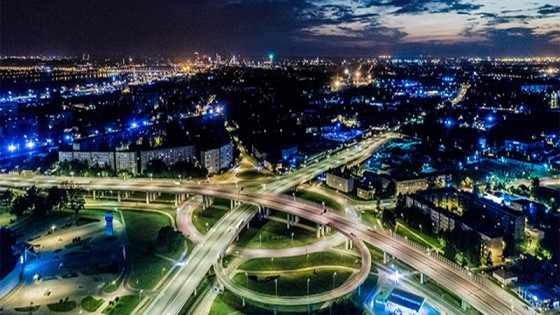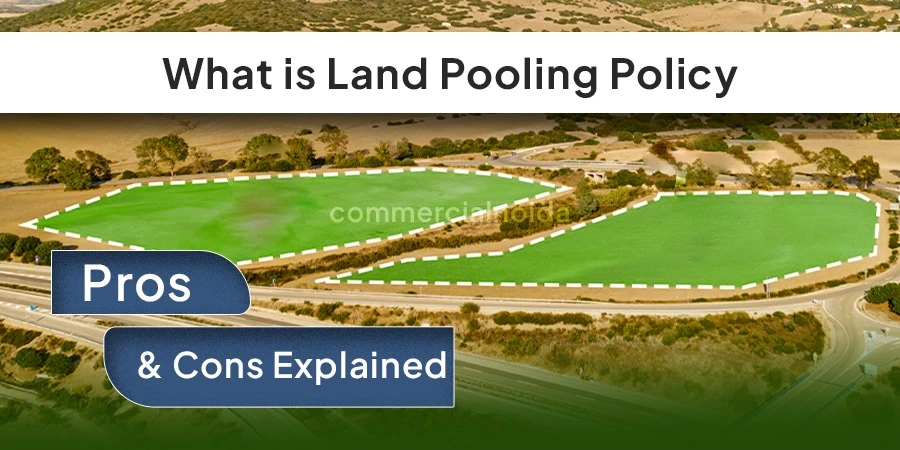
What is Land Pooling Policy: Meaning, Pros & Cons Explained
Since the Punjab government has passed the Land Pooling Policy, land pooling has become a hot topic across the country. People often hear about car pooling and get confused, wondering if it’s the same concept or something different. They ask whether they have to share their land with someone, as it already involves co-ownership.
Today, in this blog, we will clear all your doubts about land pooling—how it works, its advantages and disadvantages, and how it differs from the Land Acquisition Policy.
Difference Between Land Pooling and Aquisition?
Land pooling is when a group of people who own land give their land to the government or builder together, so the government or builder can build things like roads, parks, or other infrastructure. After the development is done, the land is returned to the original owners. However, the government keeps a small part of the land to cover the costs of building.
The main benefit of land pooling is that the landowners keep ownership of their land. This makes it less likely that there will be legal problems or disagreements over payment, because the landowners are not selling their land. Instead, they are just temporarily letting the government use it for development. Once the project is finished, they get most of their land back in a fully developed region having more value.
Unlike land acquisition policies, where you are compensated for your land, this approach provides you with better land of higher value elsewhere. Traditional land acquisition policies often offer low compensation, which makes land acquisition extremely difficult and causes projects to be stalled for years.
Advantages of Land pooling policy
Better Land Value for Farmers: Farmers give their land to the government for development. After development, they get back a smaller piece of land, but with better roads, water, electricity, and other facilities. This makes their land more valuable and easier to sell or use.
No Forced Land Taking: The policy is voluntary. This means farmers choose to give their land; no one forces them. They also get legal papers to protect their rights.
More Affordable Houses: The policy helps build many new houses, especially for people who don't have much money. For example, in Delhi, over 5 lakh houses are planned for economically weaker sections.
More Jobs for People: When new areas are developed, many jobs are created in construction, shops, offices, and services. This helps people earn money and improves the local economy.
Better Planning of Cities: Instead of random buildings, the policy ensures that cities grow in a planned way with proper roads, parks, schools, and hospitals. This makes cities more organized and livable.
Help for Small Farmers: Some policies offer special benefits to small and poor farmers, like giving them group housing plots or extra money during the development phase.
Less Legal Problems: Since the process is transparent and voluntary, there are fewer fights and court cases over land. This makes development faster and smoother.
Support During Development: Farmers may receive money every year while their land is being developed. For instance, in some places, they get 30,000 per acre annually until development is complete.
Boost to Local Economy: With new infrastructure and facilities, businesses like shops, schools, and hospitals open up. This brings more services to people and helps the area grow economically.
Better Use of Land: The policy helps in using land more efficiently. Instead of leaving land unused or using it poorly, it gets developed properly, benefiting everyone.
Disadvantages of Land pooling policy
Small Farmers May Lose Out: In land pooling, farmers give their land to the government for development. Later, they get back a smaller piece of land with better facilities. But small farmers, especially those who rent land or don't have proper papers, might not get fair compensation or any land back. This can leave them without a way to earn a living.
Not Always Truly Voluntary: Although the policy says participationl is voluntary, some farmers feel pressured to join. If most people in an area agree, others might be forced to give up their land too. This can make the process feel unfair and forceful.
Lack of Clear Information: Many landowners don't get clear details about when they'll get their land back, what it will be worth, or how the development will happen. This confusion can lead to mistrust and make people hesitant to participate.
No Proper Checks on Impact: Before starting big projects, it's important to study how they will affect people and the environment. But in many land pooling cases, such studies aren't done. This means problems like pollution or harm to local communities might be ignored.
Delays and Uncertainty: Even after giving up their land, farmers might have to wait a long time to get it back. Delays in development can leave them without land or income for years, causing financial stress.
Risk of Corruption: Since the process involves many government departments and rules, there's a chance of corruption. Some officials or developers might take advantage of the system, leading to unfair practices and loss for genuine landowners.
Hard for Poor Farmers to Join: The policy often requires land parcels to be next to each other and of a certain size. Small or poor farmers with scattered land might not meet these requirements, making it hard for them to participate and benefit.
No Support for Complaints: If landowners face problems or have complaints, there might not be a proper system to address them. Without a way to voice concerns, many feel helpless and ignored.
Unequal Benefits: While some landowners might gain from the increased value of developed land, others, especially those who are poor or lack proper documents, might not get the same benefits. This can widen the gap between rich and poor.
Environmental Concerns: Developing large areas can harm the environment, especially if fertile farmland is used. Without proper planning, it can lead to loss of green spaces, water issues, and other environmental problems.
Should you go with this policy?
Land pooling is a new and smart way to develop land in India. Unlike land acquisition, where farmers lose their land forever for a small payment, land pooling lets them keep ownership and get back land that is more valuable after development. It helps build better roads, homes, and services, and brings more jobs and growth to the area.
But like any policy, it has some problems too—like delays, confusion, or small farmers being left out. So, before joining, it's important to get all the right information, talk to experts, and make sure your rights are protected.
If done well, land pooling can be a win-win for both farmers and the government. It can turn empty or scattered land into modern, well-planned towns that benefit everyone.


